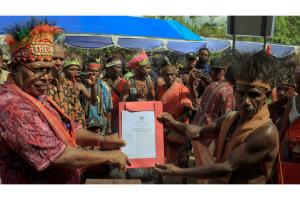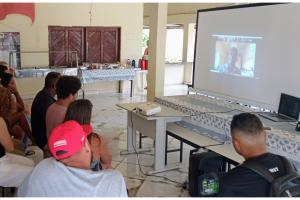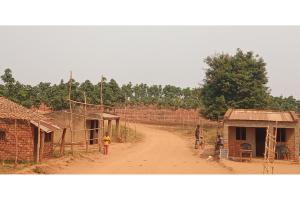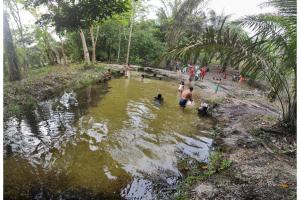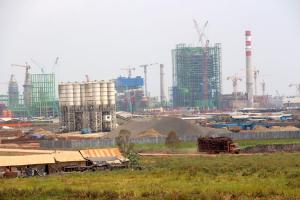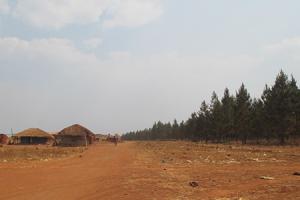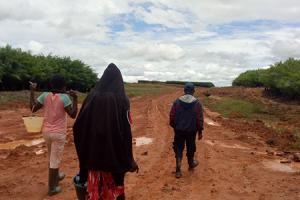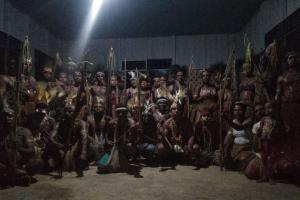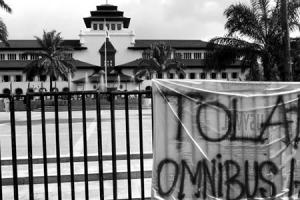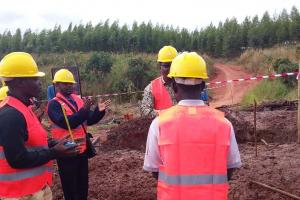Struggles Against Tree Monocultures
Corporate profit drives land grabs to install industrial tree monocultures. Where industrial plantations take root, communities' territories and lives are violently invaded, their forests destroyed and their water polluted. When communities resist, companies tend to respond with aggression. Despite this extreme violence, communities around the world are resisting, organizing and joining forces to defend their territories. Every September 21 the International Day of Struggle against Monoculture Tree Plantations is celebrated.
On the frontlines of the promotion of monoculture tree plantations as a solution to the climate crisis, families affected by tree plantations in Mozambique, Tanzania and Brazil, have once again denounced the serious impacts on their lives and the environment.
Oil palm plantations are one of the most unsafe spaces for women, not only because of their vulnerable working status packed with injustices and precarities, but also because of the potential for sexual violence and harassment. (Available in Indonesian).
The Korindo Group cleared Kinggo’s Indigenous People’s forests for its industrial oil palm plantations. Petrus Kinggo and other community leaders were persuaded to give up customary forest land with misleading and false promises. Now they are fighting against the FSC-certified Korindo. (Available in Indonesian).
The government of Indonesia endorsed the criticized Omnibus Law by saying that it is “crucial to attract investment and ultimately create jobs.” The Law is a direct attack on the territories and communities resisting the increasing destruction that has been ongoing for decades in Indonesia. (Available in Indonesian).
In response to an article that was published in WRM’s bulletin, Missão Tabita and WRM received letters from the plantation company, Portucel, and the organization, ORAM. The letters claimed that the article was untrue; however, neither Portucel nor ORAM could prove that the information published was not true.

